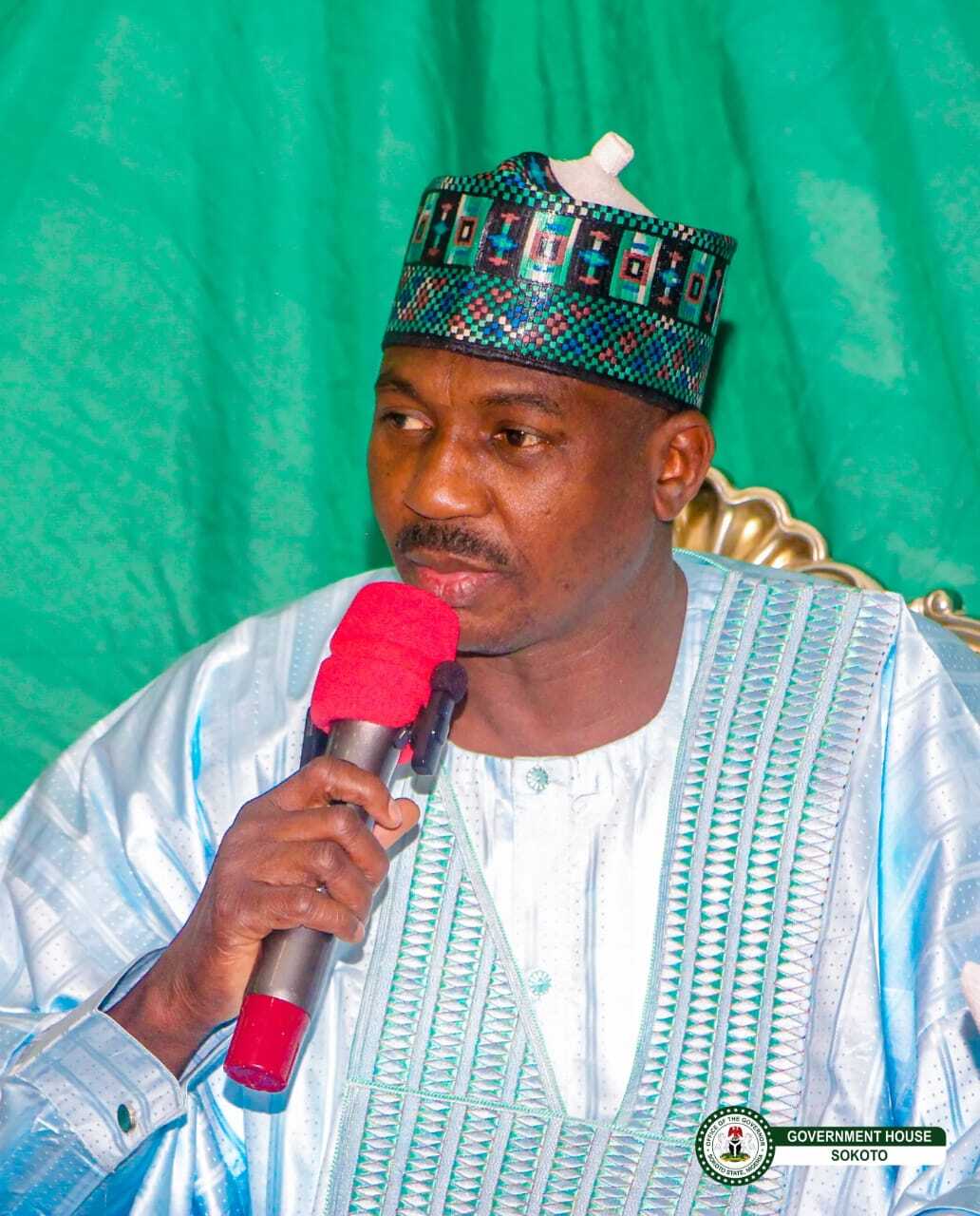BY ANKELI EMMANUEL, Sokoto
In view of his numerous contributions to human capital development especially in the education sector, the Sokoto state chapter of All Nigerian Conference of Principals of Secondary Schools (ANCOPPS) has conferred the award of Best Performing Governor on the state governor Ahmed Aliyu.
Making this known when ANCOPPS delegation paid Salah homage on the governor, the State chairman of the association, Comrade Muhammed Ikililu, said the governor’s outstanding performance in the education sector especially the approval of 200,000 naira monthly maintenance stipend to principal’s of all the schools in the state stood him out amongst his peers hence the resolve to so honour him.
According to Ikililu, some of the tangible achievements which qualified the governor for the award include the renovation of many primary and Secondary and Primary schools across the state in less than two years.
“Prior to the coming of the Ahmed Aliyu-led administration, all Secondary schools in the state were in a state of disrepair, lacking conducive classrooms, staff rooms, toilet facilities for both teachers and students as well as general conducive learning environment.
“This lack of toilet facilities in schools had contributed significantly to the low attendance of female students in schools. This is also in addition to the introduction and sustainance of N200,000 naira monthly cash allocation to all the Principals to enable them undertake minor repairs in their schools”.
The Chairman further thanked the governor for upward the upward review of students’ feeding allowance from N150 to N450 per student, a gesture which according to him has greatly helped in retaining students in schools.
“”These efforts made by governor Ahmed Aliyu had no doubt significantly improved the students’ turn out and retention in schools”, the ANCOPs chairman enthused.
In the same vein, the management management of the State Universal Basic Education Board under its Chairman, Alhaji Ummaru Na Gwari Tambuwal while on a Salah homage also lauded governor Aliyu’s recent renovation of some primary schools in the state, and the payment of N70,000 minimum wage to primary teachers across the state.
“Before you came, many of our teachers were denied their promotions, but that has now become history as all the teachers that are due for promotion have been promoted. And the support of all the teachers is assured at all times” Nagwari Tambuwal noted.
Responding, governor Ahmed Aliyu called on ANCOPSS and SUBEB to reciprocate the gestures done to them by the present administration by being punctual, dedicated and committed to their duty.
“I expect extra hard work, commitment and dedication from all of you so that our students can get the best of education,” Ahmed Aliyu charged
The governor further reassured his administration’s determination to create a more conducive atmosphere that would guarantee effective teaching and learning at both basic and secondary levels.
He also appealed to parents and guardians in the state to cooperate with the state government in its quest to change the old narrative of Sokoto being one of the educationally backward states in the federation.









